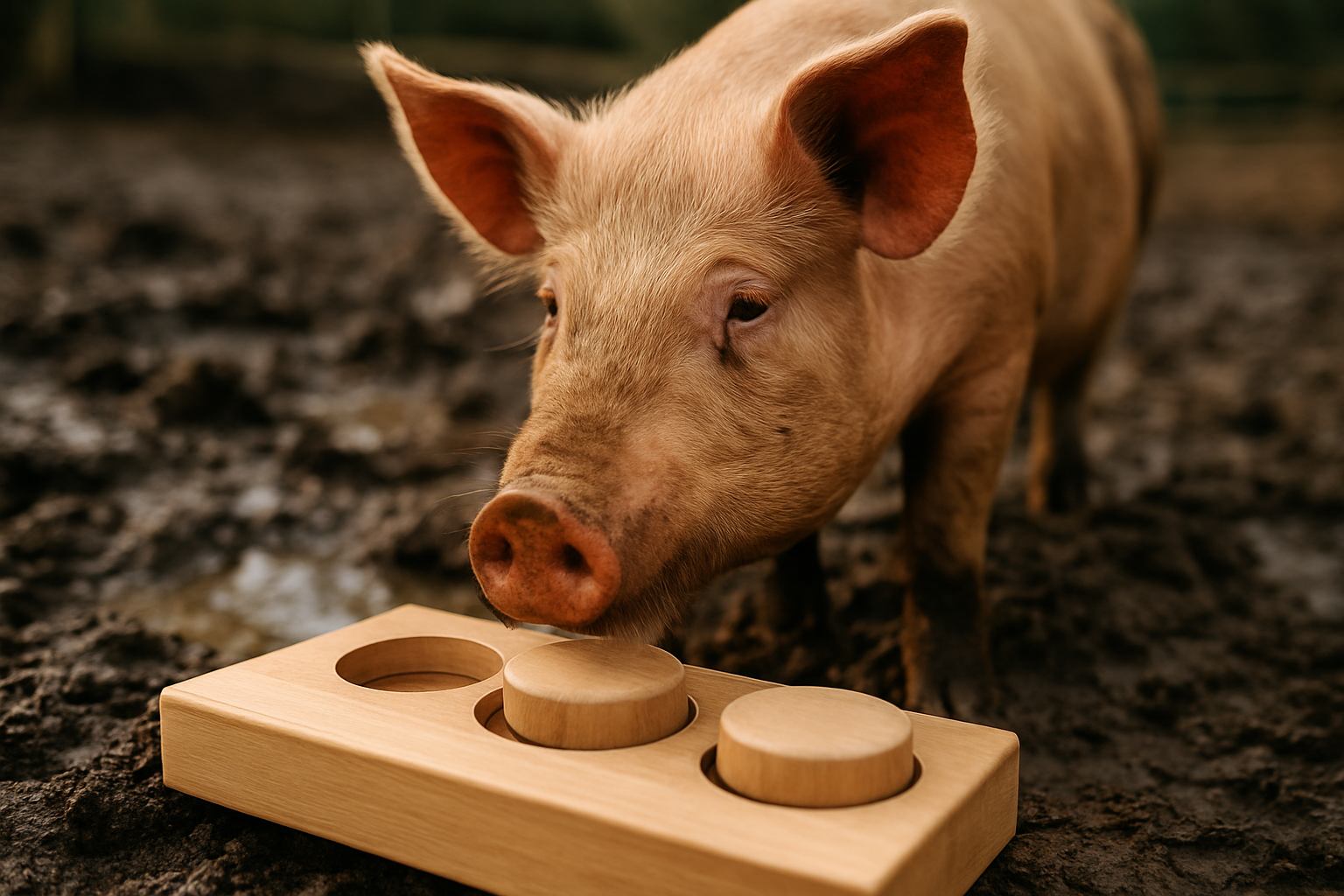Navigating the World of Miniature Pigs as Pets
Miniature pigs have captured the hearts of many animal lovers seeking an unconventional companion. These pint-sized porkers offer a unique blend of intelligence, affection, and novelty that sets them apart in the realm of exotic pets. As their popularity continues to grow, it's crucial to understand the realities of owning these captivating creatures.

Debunking the Teacup Myth
One of the most persistent misconceptions about miniature pigs is their ultimate size. Many prospective owners are drawn in by the promise of a pig that will remain small enough to fit in a teacup. However, this is far from reality. Most miniature pigs will grow to be between 50 and 150 pounds, with some reaching up to 200 pounds or more. This size discrepancy often leads to abandonment when owners realize their pet has outgrown their expectations and living space.
The Intelligence of Miniature Pigs
Pigs are widely recognized as one of the most intelligent domestic animals, and miniature pigs are no exception. Their cognitive abilities rival those of dogs and even young children in some aspects. They can learn complex tricks, respond to commands, and even use touch-screen computers with proper training. This high level of intelligence means they require constant mental stimulation to prevent boredom and destructive behavior.
Legal Considerations and Zoning Issues
Before bringing a miniature pig home, it’s crucial to research local laws and zoning regulations. Many urban and suburban areas classify pigs as livestock, making it illegal to keep them as pets. Even in areas where they are permitted, there may be restrictions on size or number. Potential owners should check with their local authorities and, if renting, obtain explicit permission from their landlord.
The Cost of Owning a Miniature Pig
Miniature pigs can be a significant financial investment. Initial purchase prices can range from $750 to $3,500 or more, depending on the breeder and the pig’s lineage. Beyond the upfront cost, owners must consider ongoing expenses such as specialized feed, veterinary care, and habitat maintenance. Pigs require a balanced diet tailored to their nutritional needs, which can cost $30 to $50 per month. Regular veterinary check-ups, vaccinations, and potential health issues can add hundreds to thousands of dollars annually.
Socialization and Training Challenges
Contrary to their reputation as dirty animals, pigs are naturally clean creatures that can be house-trained. However, their stubborn nature and high intelligence can make training a challenging process. Consistency, positive reinforcement, and patience are key. Socialization is equally important, as pigs can become aggressive or fearful without proper exposure to different people, animals, and environments during their formative months.
The Impact on Lifestyle and Living Space
Owning a miniature pig requires significant lifestyle adjustments. They need a secure, pig-proofed area both indoors and outdoors. This may involve reinforcing fences, removing toxic plants, and securing cabinets and trash cans. Pigs are social animals that crave attention and can become destructive if left alone for long periods. Potential owners should be prepared to devote several hours each day to interaction, exercise, and mental stimulation.
Health Concerns Specific to Miniature Pigs
While generally hardy, miniature pigs are prone to certain health issues. Obesity is a common problem, often resulting from overfeeding or an improper diet. This can lead to joint problems, respiratory issues, and a shortened lifespan. Other health concerns include skin conditions, hoof overgrowth, and dental problems. Regular veterinary care from a pig-experienced professional is essential to maintain their health and catch potential issues early.
The Ethical Considerations of Breeding
The breeding practices used to create ever-smaller pigs have raised ethical concerns within the animal welfare community. Extreme breeding for size can lead to health problems, reduced lifespans, and compromised quality of life. Prospective owners should research breeders thoroughly, ensuring they prioritize the health and well-being of their animals over size reduction.
Long-term Commitment and Lifespan
Miniature pigs have a lifespan of 12 to 18 years, making them a long-term commitment comparable to adopting a dog or cat. Potential owners must consider their ability to care for the pig throughout its entire life, including potential changes in living situations, family dynamics, and financial circumstances. The decision to bring a miniature pig into one’s life should not be taken lightly, as these intelligent and sensitive creatures form strong bonds with their human families.




